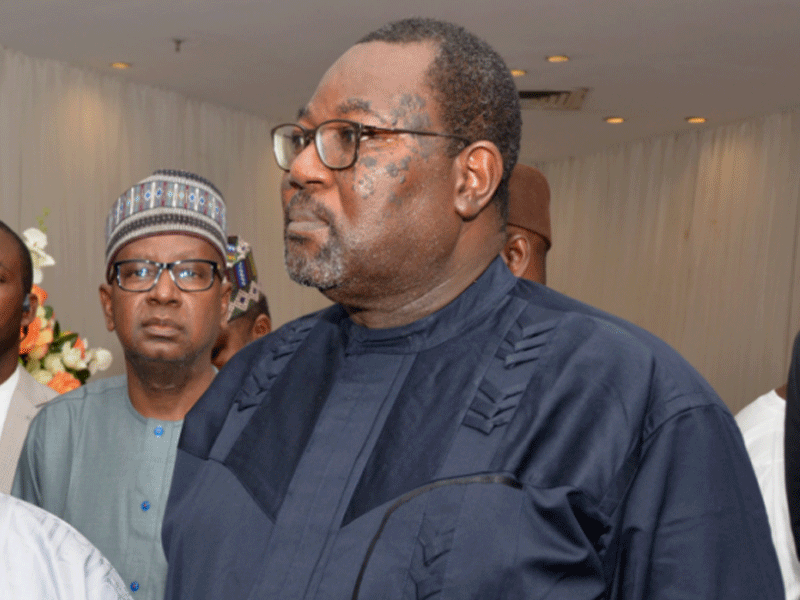There may be fuel scarcity across Nigeria soon as oil marketers on Thursday voiced their disagreement with the Federal Government over the recently announced price modulation, regarding petrol pricing in the country.
The oil marketers, under the umbrella of Major Marketers Association of Nigeria (MOMAN), is calling for full “price liberalisation” rather than “price modulation” with respect to Premium Motor Spirit (PMS), commonly known as petrol.
MOMAN’s Chairman, Mr Tunji Oyebanji, in a statement on Thursday, said that only full price deregulation will bring about long term stability in the downstream sector.
Oyebanji said it had become necessary for the major oil marketers to state their position because of what the Minister of State for Petroleum Resources, Chief Timipre Sylva said recently.
Timipre had announced in a statement that the government would implement a policy of “price modulation,” which means it will give effect to existing legislation enabling it to set prices in line with market realities through the Petroleum Products Pricing Regulatory Agency (PPPRA) as provided in its Act.
But speaking for the oil marketers, Oyebanji said the clear and obvious risk is that the country had never been able to increase pump prices under this law, leading to high and unsustainable subsidies and depriving other key sectors of the economy of necessary funds.
Oyebanji said: “Our current situation, laid bare by the challenges of Coronavirus to the health of our citizens in particular and economy of our country in general, demands that we are honest with ourselves at this time. A fundamental and radical change in legislation is necessary.
“When crude oil prices go up, the government has always been unable to increase pump prices for socio-political reasons leading to these high subsidies and we believe the only solution is to remove the power of the government to determine fuel pump prices altogether by law.
“Purchase costs and open market sales prices should not be fixed but monitored against anti-competitive and trust abuses by the already established competition commission and subject to its clearly stated rules and regulations.
“There is no country or economy where governments do not have the power to influence prices. Nigeria is no different with respect to any other commodity or product. Governments use economic tools such as taxes or interventions on the demand side or the supply side of the market and other administrative interventions to influence prices where it needs to.”














